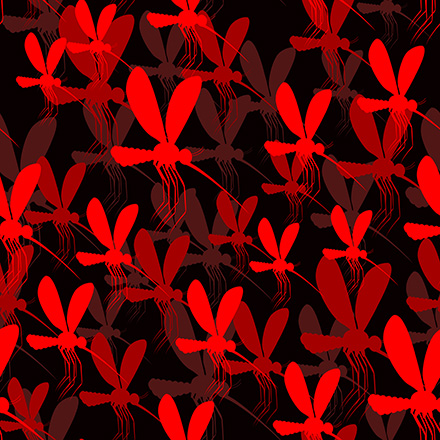New weapons in the war against malaria
Ending malaria for good: the path to meeting WHO targets
The 25th of April will be World Malaria Day – an event organised by the World Health Organization (WHO) to remind us that, although the disease is only plaguing tropical and sub-tropical regions of the world, we should all feel concerned about it. Whilst it may seem abstract to many Europeans, malaria still kills about 400 000 people every year. Sure, using the right drugs at the right time can cure patients. But the problem lies elsewhere. In the world’s poorest and most remote regions, access to treatment and preventive means, such as insecticide-treated nets, is poor or sometimes even nonexistent. Whilst WHO figures show that malaria death rates fell by 29 % between 2010 and 2015, the organisation’s objective to reach a 40 % reduction by 2020 requires much more effort, particularly from researchers. Firstly, there is still much we don’t know about malaria, be it with regards to insect vectors, which are the cellular and molecular events that enable the malaria parasite to live and replicate in its mosquito and human hosts, as well as possible new ways of treating the disease or vaccinating patients at risk. Some of the projects selected for this month’s special feature section have just so happened to advance research in these fields. These include SUGARBLOCK, which improves our understanding of glycans at the surface of malaria parasites; SPARK, which studied the sexual differentiation process of the deadliest malaria parasite; MULTIMALVAX and its new malaria vaccine; or even PathCO, which studied malaria from the larger perspective of its interaction with other viruses. Then, there is the need to go beyond the lab by seeing first-hand what the populations at risk truly need, and to see how prevention can be improved. A project such as SUPPORTING LIFE, for instance, can considerably contribute to faster and more informed medical decisions. Sometimes, scientists can even go into the field to start thinking outside the box, just like partners under the PLANTMEDS project did. Together, they put traditional Cameroonian herbal medicines to the test for the identification of novel compounds capable of taking on not only malaria but even cancer. The nine projects focused on malaria are followed by our usual thematic sections on health, society, energy, environment, aquatic resources, industry, information and communication technology, security and fundamental research. The magazine closes with a list of upcoming events hosted by or involving EU-funded research projects. We look forward to receiving your feedback. You can send questions or suggestions to: editorial@cordis.europa.eu



